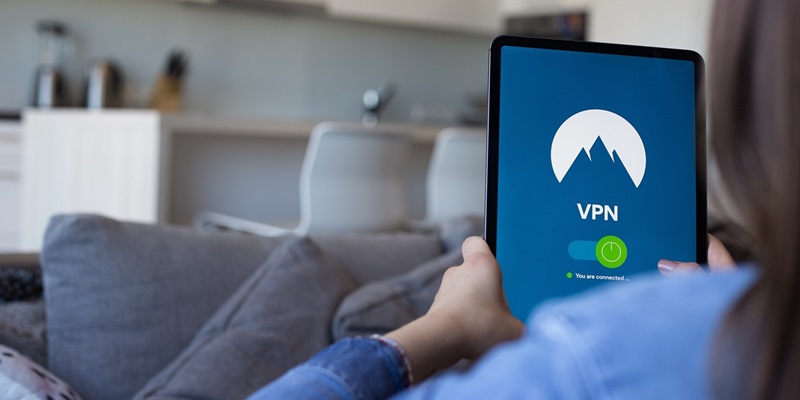In today’s digital era, students are making great use of the internet for their educational and social activities. However, this widespread reliance on the digital realm also exposes students to potential risks and limitations. This is where a Virtual Private Network (VPN) comes into play, offering a multitude of advantages that empower students with unrestricted access to knowledge while ensuring their online ventures remain secure and private.
Bypassing geographical restrictions
One of the key benefits of using a VPN is the ability to bypass geographical restrictions. Educational resources and content that might be restricted in certain regions can be easily accessed by students, opening up a whole new world of information and opportunities. Whether it’s academic research, virtual libraries, or online courses, a VPN demolishes the barriers imposed by location-based restrictions.
Accessing a diverse range of educational resources globally
With a VPN, students can truly explore the global landscape of education. By connecting to servers in different countries, they can gain access to a diverse range of educational resources, enriching their studies with materials that may not be available locally. This global perspective enhances their understanding and widens their knowledge base.
Encryption of internet connections
The internet is fraught with potential threats to personal data, including cyber-attacks, identity theft, and intrusive data collection. By encrypting internet connections, VPNs provide a secure tunnel through which data travels, shielding it from prying eyes. This advanced encryption ensures that critical information, such as login credentials and research data, remains safe from unauthorized access.
Safeguarding against potential threats
In addition to encryption, VPNs offer an extra layer of security, protecting students from potential threats. By masking their IP addresses, VPNs reduce the risk of cyberattacks and phishing attempts. Students can confidently browse the internet without the constant fear of becoming victims of malicious online activities.
Ensuring online activities remain private
Maintaining privacy while engaging in online activities is crucial for students. Educational discussions, research, and even personal interactions should remain confidential. A VPN shields students from surveillance, preventing anyone from monitoring or tracking their online behavior. By preserving their privacy, students can express themselves freely and engage in intellectual pursuits without fear of repercussions.
Protection against surveillance and data theft
Data theft is a prominent concern in the digital landscape. VPNs provide a sturdy shield against such incidents. By rerouting internet traffic through encrypted tunnels, VPNs make it extremely difficult for hackers or data thieves to intercept and steal sensitive information. This extra layer of security ensures that students’ valuable research, personal data, and academic material remain safe from unauthorized access.
Safe access to a vast pool of knowledge
By utilizing VPNs, students gain access to a vast universe of educational resources, unrestricted by geographical boundaries. Whether it’s e-books, research articles, or online databases, a VPN enables seamless exploration of a broad range of academic materials. This opens up new avenues for academic growth, allowing students to delve deeper into their subjects of interest.
A secure platform for online interactions
Online collaborations, discussion forums, and social networking platforms play a vital role in modern education. VPNs ensure a secure platform for students to interact, collaborate, and share ideas without the risk of eavesdropping or data leaks. This secure environment cultivates a sense of trust and encourages productive engagement among peers and educators.
No-logs policy
Choose VPNs that commit to a strict no-logs policy, ensuring that your online activities remain private with no record of your browsing history.
User-friendly interface
When selecting a VPN, consider apps that are easy to navigate, especially if you are new to VPN technology. A user-friendly interface simplifies the process and allows for smoother usage.
Incorporating a VPN into your digital routine as a student empowers you with unrestricted access to knowledge while ensuring your online ventures are secure and private. By bypassing geographical restrictions, encrypting internet connections, and safeguarding personal data, a VPN opens up a world of educational possibilities, enabling academic growth and enriching social interactions. So, whether you are researching, collaborating, or simply browsing the web, a VPN should be an essential tool in your arsenal for a safe and enhanced academic journey.

